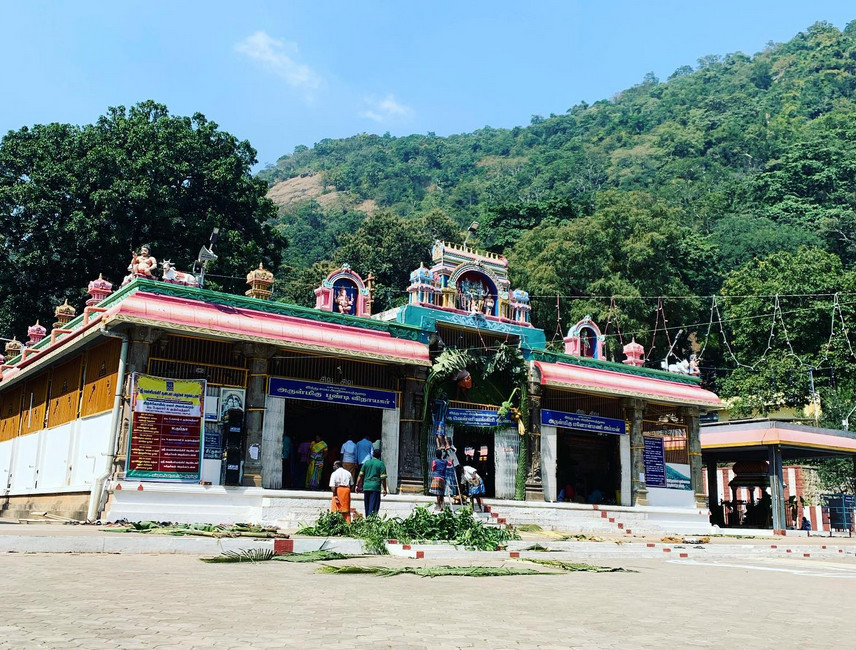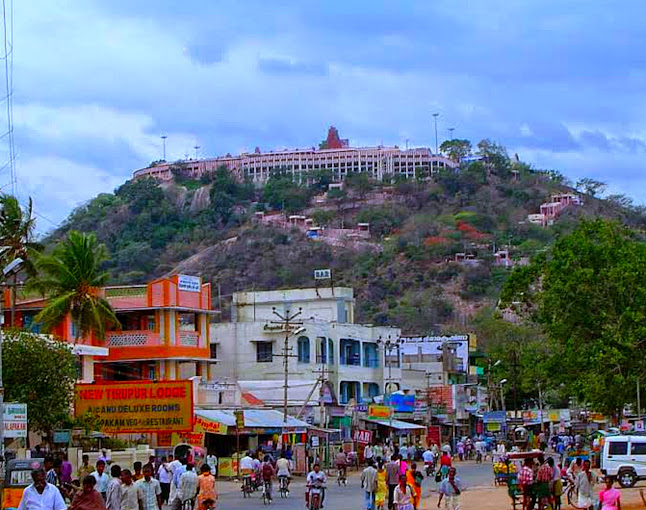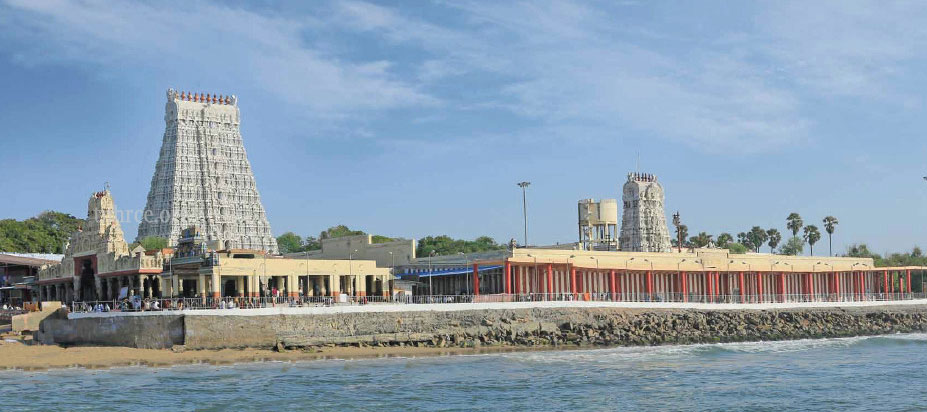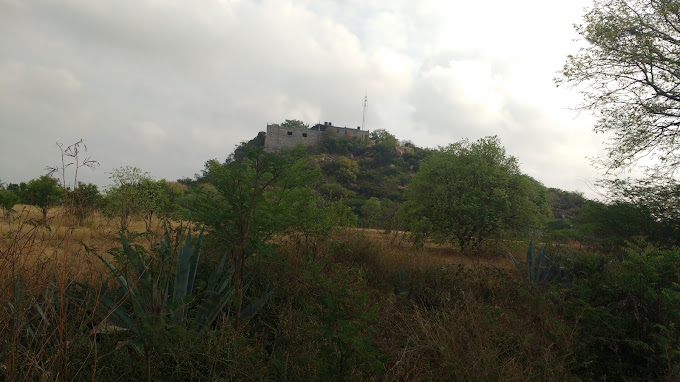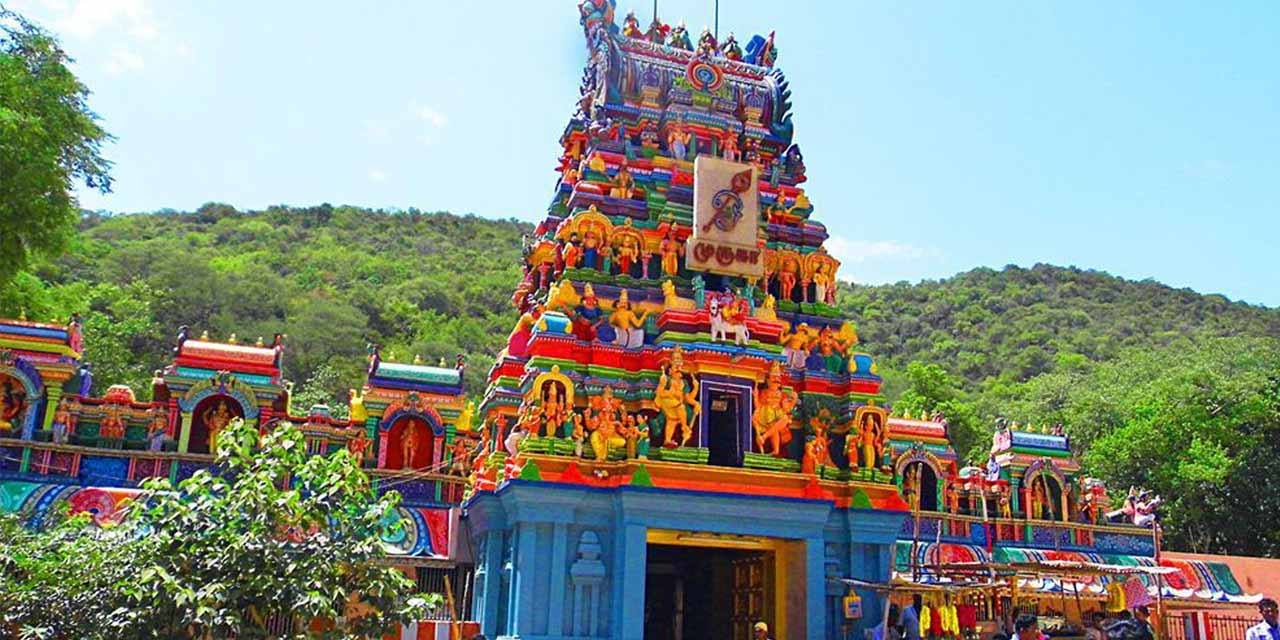The Velliangiri Mountains, known as “Sapthagiri” or the “Seven Mountains” in Tamil, are a cherished part of the Nilgiri Biosphere Reserve, gracing the landscape of the Coimbatore district in Tamil Nadu, India. These majestic peaks, nestled within the embrace of the Western Ghats, hold a place of unparalleled reverence and spiritual significance.
Often likened to the mighty Mount Kailash, the legendary abode of Lord Shiva, the Velliangiri Mountains are esteemed as one of the most spiritually potent places on Earth. Atop these resplendent peaks, Shiva is worshipped in his Swayambhu form, symbolizing the self-creation of the divine. It is here, in this celestial realm, that the benevolent Lord Shiva bestows his divine blessings upon devoted souls who make the arduous pilgrimage to this sacred sanctuary. The Velliangiri Mountains stand as a testament to the harmonious coexistence of nature’s grandeur and the profound spirituality that flows through this sacred land.
Geographical Wonders of the Velliangiri Hills
The Velliangiri Hills, a prominent range within the Western Ghats, are a captivating feature of the Nilgiri Biosphere Reserve. These seven hills, with elevations spanning from 520 meters to 1840 meters, are geographically bordered by the plains of Coimbatore district to the east, the Palakkad district of Kerala on the western boundary, the Nilgiri mountains to the north, and the Siruvani hills to the south.
Nature’s elements paint a diverse canvas in this region, with annual rainfall varying significantly between 500 millimeters and a substantial 7000 millimeters. Temperature extremes also characterize the Velliangiri Hills, ranging from the chilly 0°C of winter to the scorching 41°C of summer. The landscape is intricately woven with the meandering paths of seasonal rivers like Neelivaikal, Mayar, and Andisunai, adding to the region’s natural beauty.
Notably, the Noyyal River originates from the Velliangiri Hills, serving as a vital tributary of the Cauvery River. This river system nourishes approximately 100,000 hectares of agricultural land in the plains, playing a pivotal role in the region’s agrarian economy. Additionally, the Velliangiri Hills serve as a crucial watershed for the Siruvani Dam, a primary source of drinking water for a substantial urban population of 1,500,000 residents in Coimbatore.
Vegetation within this geographical wonderland encompasses predominantly dry deciduous forests at the foothills, transitioning into lush evergreen forests at the second and third mountain tiers, ultimately culminating in the enchanting shola forest types that grace the last four tiers. This rich biodiversity further enhances the allure of the Velliangiri Hills, making them a haven for both nature enthusiasts and seekers of spiritual solace.
The Profound Religious Significance of Velliangiri Mountains
The Velliangiri Mountains hold a deep-rooted religious significance that resonates with the legends and spiritual lore of ancient India. According to the Kachiappar Perur Purana, the hills find their connection to the divine through the worship of Lord Shiva, who is said to have been venerated by Vishnu-Komuni at the heavenly abode of Kailayam (Mount Kailash).
In this celestial encounter, Vishnu-Komuni expressed a heartfelt desire to witness Lord Shiva’s divine dance of grace, the Aananda Thaandava. In response, Lord Shiva, the embodiment of divine benevolence, granted Vishnu’s wish, revealing his celestial dance in the sacred realm of Vellinangiri. This divine revelation is encapsulated in the sacred chant, “Om Nama Shivaya.”
In a reciprocal gesture of devotion, Vishnu adorned himself with the sacred Rudraksha beads and embarked on a spiritual journey to the southwestern reaches of the Velliangiri hills to pay homage to Lord Shiva.
Another legend narrates a dispute between Vayu Bhaghvan (the wind god) and Adiseshan (the cosmic serpent) over their respective superiority. To demonstrate his supremacy, Adiseshan encircled Kailasam (Mount Kailash), while Vayu attempted to break this encirclement by creating a powerful twister known as santamarutham. As a result of this celestial battle, eight kodumudigal (parts) are said to have fallen from Kailasam, scattering to eight different locations, one of which is the sacred Velliangiri Mountains in Tamil Nadu.
Shiva, presiding over these mystical hills, is revered as Swayambu, symbolizing the source of all creation and the embodiment of divine self-existence. The Velliangiri Mountains thus stand as a hallowed testament to the harmonious convergence of spirituality, mythology, and nature’s magnificence.
Velliangiri’s Illustrious Shiva Temple: A Sacred Abode of Cosmic Dance
Amongst the myriad mountain shrines that grace the landscape of Tamil Nadu, the Shiva temple in the heart of Velliangiri’s western boundary shines as an illustrious jewel. This divine sanctuary, known by several names such as Rajathagiri, Velliangiri, Dakshin Kailash, or Bhoolok Kailash, holds an exalted status in the realm of spiritual pilgrimage.
Legend has it that this sacred ground is where Lord Shiva, at the behest of his beloved consort, Umadevi, graced the cosmos with his celestial dance, an awe-inspiring manifestation of divine energy. The sanctity of this temple resonates with the presence of the five faces of Shiva—Brahma, Vishnu, Rudra, Maheshwara, and Sadasiva—all symbolizing the Panchagiri and representing the five fundamental elements of nature.
Velliangiri’s hill ranges, besides their profound spiritual significance, are blessed with abundant natural resources, including the presence of rare and precious herbs coveted for their medicinal properties.
Devotees flock to this sacred site annually between the months of February and May, seeking the benevolent blessings of Lord Panchalingesa and his divine consort, Manonmani amman, also known as Parvathi. To enhance the pilgrimage experience, plans are underway to provide shelters and temporary amenities, including toilets, near Andisunnai for the devoted throngs during this auspicious season. Velliangiri’s Shiva Temple stands as an enduring beacon of spiritual devotion and natural splendor, inviting seekers from far and wide to bask in its divine radiance.

